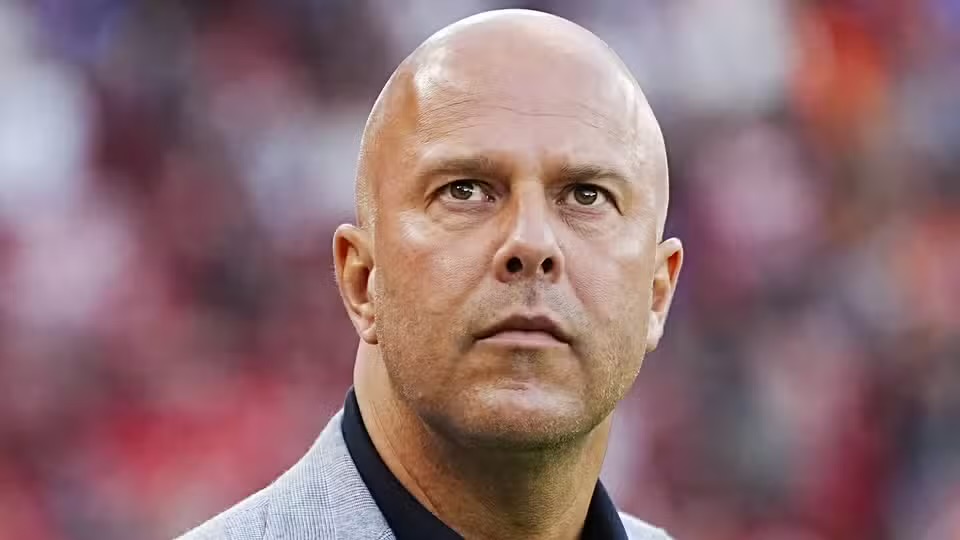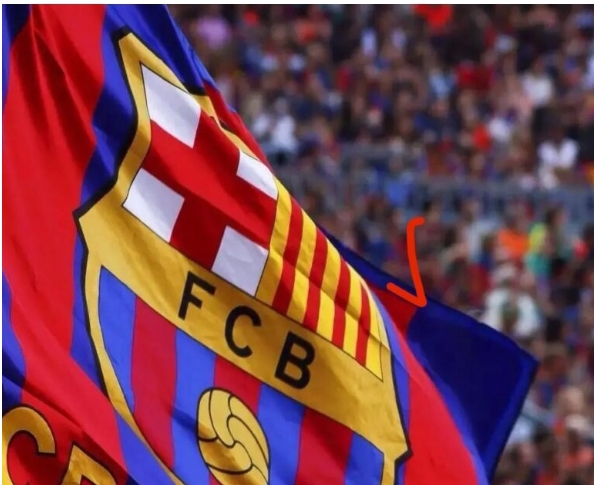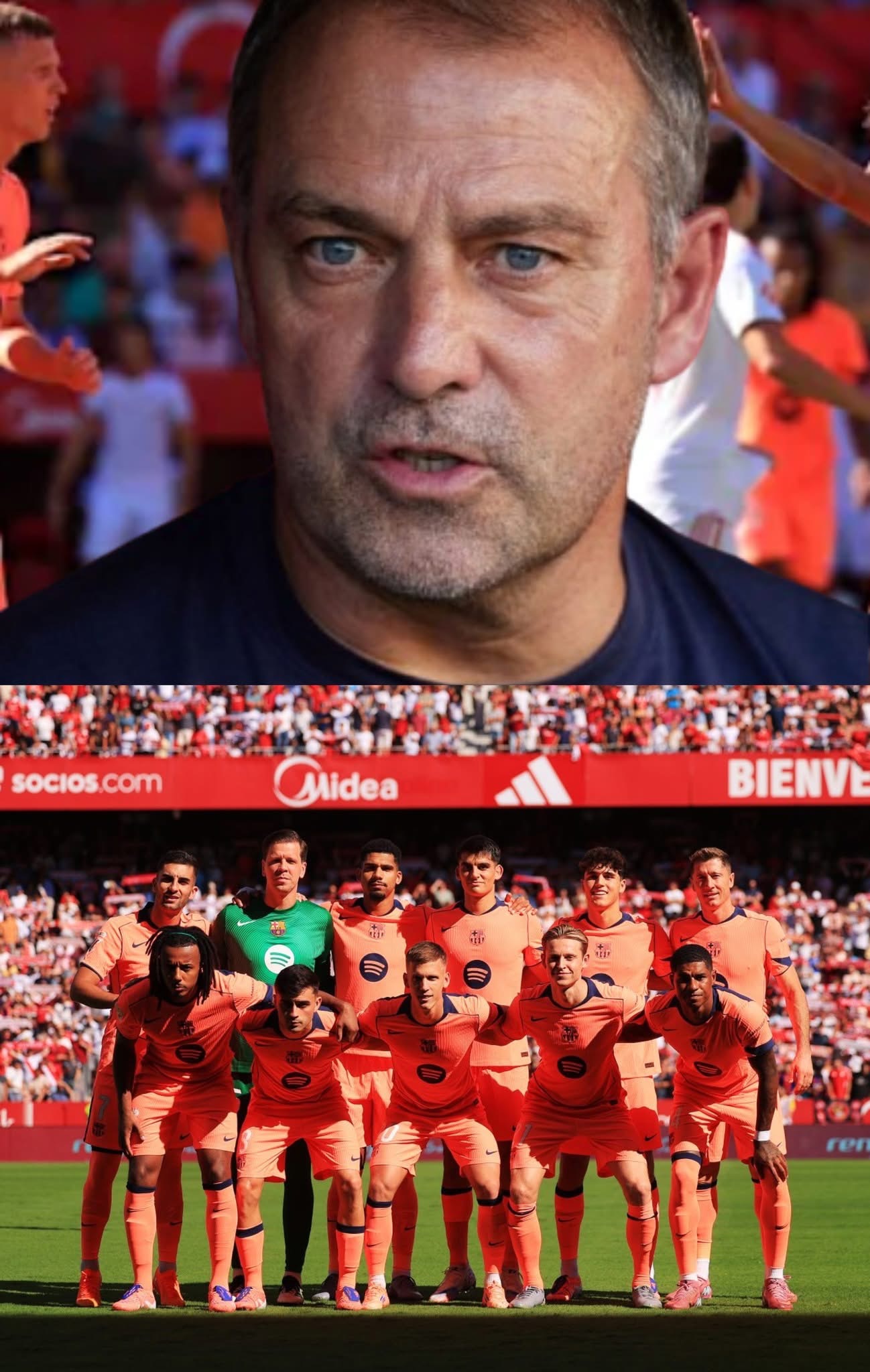Liverpool’s unbeaten Premier League start came to a dramatic halt at Selhurst Park, where Eddie Nketiah struck in the 97th minute to hand Crystal Palace a stunning 2–1 victory. The reigning champions believed they had rescued a point when Federico Chiesa’s late equaliser canceled out Ismaïla Sarr’s early opener, but a chaotic final throw-in ended with Nketiah smashing home, leaving Liverpool players and fans in disbelief. The goal not only decided the match but also highlighted costly lapses in concentration at the very last moment.
Head coach Arne Slot admitted afterwards that Liverpool’s downfall was not down to collective weakness but to a single lapse in judgment. Without naming the individual, Slot explained that one player had pushed forward in stoppage time, chasing a counterattack even though the clock was almost up. That offensive mindset left Liverpool’s defence short-handed during the crucial throw-in, creating the space Nketiah needed. “Sometimes football is about recognising the moment,” Slot reflected. “At 1–1 in the 97th minute, you defend first—not think about attacking.”
Much of the attention turned towards Jeremie Frimpong’s introduction in place of Ibrahima Konaté with just over 15 minutes to play. The Dutch wing-back injected attacking energy but naturally carried a forward-thinking instinct that disrupted Liverpool’s defensive balance. Critics pointed out that Konaté had been under pressure all game, struggling against Palace striker Jean-Philippe Mateta, but his withdrawal ultimately shifted Liverpool’s structure. Slot, however, seemed more interested in stressing the need for team-wide discipline, hinting that the problem was bigger than just one substitution.
Beyond the late drama, Liverpool’s struggles had been visible from the opening whistle. Palace pressed high, denied space in midfield, and used Mateta’s physicality to stretch Liverpool’s backline. Goalkeeper Alisson Becker produced several top saves to keep the Reds in contention, while Mateta struck the post in the first half. Liverpool, unusually shaky in possession, looked second-best until late in the game when tactical adjustments allowed them to build sustained pressure. Chiesa’s equaliser felt like a lifeline, yet it proved only temporary relief.
Palace, under manager Oliver Glasner, showed once again why they are one of the league’s most tactically disciplined teams. Their 18-game unbeaten streak across all competitions is built not just on resilience but on a mastery of restarts and set-pieces. The decisive throw-in was no accident—Marc Guéhi challenged the near-post, Will Hughes recycled the ball intelligently, and Nketiah reacted faster than Liverpool’s defenders. It was a goal manufactured by planning and execution, not chance, and it underlined how crucial fine margins can be at the elite level.
Liverpool’s defeat also exposed long-standing vulnerabilities. Four of the seven goals they have conceded this season have come from set-pieces or second-phase situations. Their game management late in matches, once a strength under Jürgen Klopp, has been inconsistent under Slot. Players still adjusting to his high-tempo, expansive style occasionally lose shape in critical moments. The loss in London, therefore, was more than just a bad day at the office—it was a reminder that champions are defined not only by attacking brilliance but by concentration when fatigue sets in.
Looking ahead, Slot and his squad face an important test of character. With five wins from their opening six matches, Liverpool remain near the top of the table, but the manner of this defeat will sting. Training in the coming days will no doubt focus heavily on defensive organisation at set-pieces and smarter decision-making in end-game scenarios. Anfield awaits their response, and how quickly Liverpool bounce back will determine whether this result was simply a small stumble or a warning sign of deeper issues.
For Palace, meanwhile, the night was one of celebration and confirmation. Glasner’s men are no longer viewed as underdogs but as a side capable of top-half consistency, if not more. Beating the champions in such dramatic fashion will only fuel their confidence further. Selhurst Park remains one of the toughest places to visit in English football, and on this occasion, it was the stage where Liverpool’s perfect start crumbled under the weight of one decisive throw-in.





